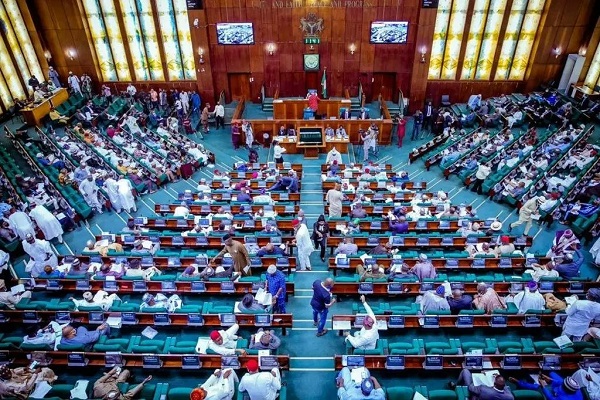…As FAO says World food prices dip in August, for third month running***
The Commanding Officer of the visiting Indian Naval Warship, INS Tarkash, Capt. Sathis Vasudev on Thursday said that the officers were in Nigeria to learn from their Nigerian counterparts.
Vasudev stated this in Lagos shortly after the ship berthed, noting that they were not only visiting to celebrate 60 years of Nigeria and India’s diplomatic relations.
According to him, Nigeria is currently the only country in West Africa which India has Navy cooperation with.
“We are here to celebrate the 60th anniversary of Indian and Nigerian diplomatic ties. Let me say that India established ties with Nigeria even two years before Nigeria got Independence.
“We understand that there are issues of piracy. And the Nigerian Navy is doing an excellent job in its fight against piracy.
“As part of our visit, we will like to learn from the Nigerian Navy how best to tackle issues of piracy, especially in the Gulf of Eden. It will be an honour for us to get some inputs from the Nigerian Navy,” he said.
The commanding officer said that over the years there had been training exchanges between the Nigerian and Indian Navy in different
areas, adding that the exchanges would continue in the years ahead.
Vasudev said that it was in promoting defence cooperation with Nigeria that made the Indian government to support the establishment of the Nigerian Defence Academy.
He also said that his home government had over the past years continued to invite members of the Nigerian Army, Navy and Airforce for different training programmes in India.
Vasudev said that the warship had visited Djbounti, Egypt, Morocco, Sweden, Finland, Russia, Norway, Spain and Senegal before coming to Lagos.
Also read: NNPC, Navy collaborate to curb crude oil theft
In the meantime, the United Nations and the Food and Agricultural Organaization have noted that World food prices fell, for a third month running in August, pushed down by a sharp drop in the prices of sugar, wheat and maize, the United Nations food agency said on Thursday.
The Food and Agriculture Organization (FAO) food price index, which measures monthly changes for a basket of cereals, oilseeds, dairy products, meat and sugar, averaged 169.8 points last month from an upwardly revised 171.7 points in July.
That figure was previously given as 170.9.
FAO also predicted that cereal supplies would be more abundant in the 2019 and 20 period than previously expected.
The FAO cereal price index plunged 6.4 per cent in August month-on-month thanks to big drops in the prices of wheat and major course grains, especially maize. By contrast, rice prices rose.
Sugar prices also fell markedly in August, dropping 4 per cent on the previous month “largely on the back of a weakening Brazilian real, which tends to incentivize sugar exports,” FAO said.
These drops failed to offset climbs in other indices, with the vegetable oil price index gaining 5.9 per cent and both meat and dairy prices posting increases of 0.5 per cent.
FAO said global cereal supplies in 2019 and 20 were expected to be higher than previously anticipated at 2.708 billion tonnes, up 23 million tonnes on the last estimate posted in July and some 55.4 million tonnes up on 2018 levels.
“Almost the entire monthly increase is on account of an upward revision made to the forecast for world maize production,” FAO said.
“These more buoyant expectations mostly stem from improved yield prospects in the United States, despite excessive rainfall through much of the planting season.”
This expected increase outweighed an anticipated reduction in global wheat production in 2019, which FAO now sees at 767 million tonnes, 4 million tonnes lower than in the last forecast posted in July.



















